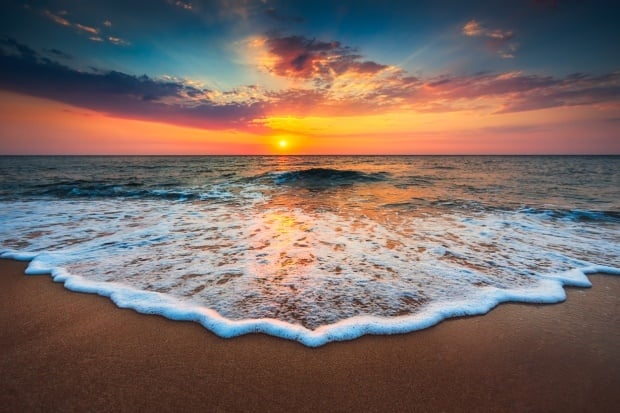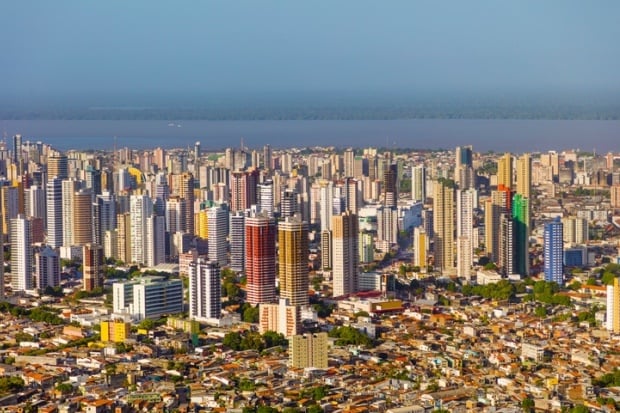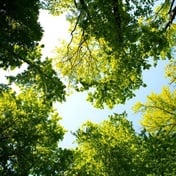
When we’re allergic to something, our immune system mistakenly believes that the substance is harmful to us and launches an attack.
According to Allergy Foundation South Africa (AFSA), a third of South Africans will suffer from some allergic disease during their life. 40% of allergy sufferers are children.
The most common conditions are eczema, asthma, hay fever, urticaria, food allergy and anaphylaxis.
Location, location, location
Allergies may cause relatively mild symptoms like a runny or congested nose, hives or digestive issues, but should be taken seriously as in extreme cases an allergic reaction can cause anaphylactic shock and even death.
Allergies are the bane of many people's lives, but there certainly are places on earth that are kinder to allergy sufferers than others.
Basically, you can be allergic to things you eat, touch and breathe in:
Food allergies
Moving to a different location may improve respiratory and and skin allergies, but is unlikely to affect food allergies. Avoiding foods that trigger your allergies has everything to do with being vigilant and not so much with your environment.
Skin allergies
Allergic contact dermatitis is the term for what occurs when allergens come into contact with your skin. Examples of substances that may cause skin allergies are: plants like poison ivy, perfumes, hair dyes, skin creams, latex and nickel in jewellery.
Respiratory allergies
Pollen in the air is a major cause of respiratory allergic diseases like hay fever, and factors like urbanisation, high vehicle carbon emissions and other pollutants are regarded as a strong contributing factor, especially in industrialised areas.
Four places that may bring allergy relief
1. The coast
Living in a coastal region can do wonders for respiratory and skin allergies.
Easier breathing
- If you’re prone to hay fever and live near the ocean, you will almost certainly find relief as the ocean breezes tend to blow allergens away.
- Recent studies on the effect of non-drug interventions on hay fever and dust-mite allergies indicate that salt water can help control hay fever by washing away pollen grains that cause nasal allergies resulting in hay fever and chronic rhinitis.
- Salt water can aid and restore the normal clearance of mucus, which is very important for the normal functioning of the nose.
- People who live by and swim in the sea tend to have healthier respiratory systems because seawater mimics the body’s own fluids in the lining of the airways, and doesn’t irritate them.
- Taking an ocean cruise will certainly guarantee that you leave the pollen behind.
Skin relief
- Because of its concentrated levels of minerals, water from the Dead Sea in Israel is reported to have strong healing powers and many people from all over the world go there to seek relief from skin problems. The effects are most likely related to high levels of magnesium.
- Vitamin D deficiency (VDD) affects almost half the world's population and a 2012 study suggests that we may need more vitamin D than currently recommended. While taking all the necessary safety precautions, exposing your skin to the sun by the seaside helps you get your requirement of vitamin D. Vitamin D from the sun helps build strong bones, increases endorphins and improves your immunity, which is likely to help with allergies.
- Apart from swimming in the sea or immersing the affected parts of the body in seawater, sea salt may be used topically. Some people find that mixing a fairly strong solution of about 1 teaspoon of sea salt per 500ml of water, then soaking the affected skin for about 10 minutes in the solution extremely effective.
The following areas may however only be able to bring relief to people with respiratory allergies:
2. Deserts of the world
If you can take the heat, desert destinations offer relief from respiratory allergies like hay fever.
The main reason for this advantage is the fact that deserts are barren wastelands that don't contain many plants – the source of those offending pollens.
3. Snowy slopes
Snow-covered slopes can also bring great respite from respiratory allergies – once again because of an almost total lack of pollen.
4. Cities
If plants are your downfall, how about giving an urban jungle a try?
Because of a lower pollen count among all those skyscrapers, your allergies may be significantly lower, but that doesn't mean the wind won't blow in any number of other irritants – so be warned.
Image credit: iStock




 Publications
Publications
 Partners
Partners



















